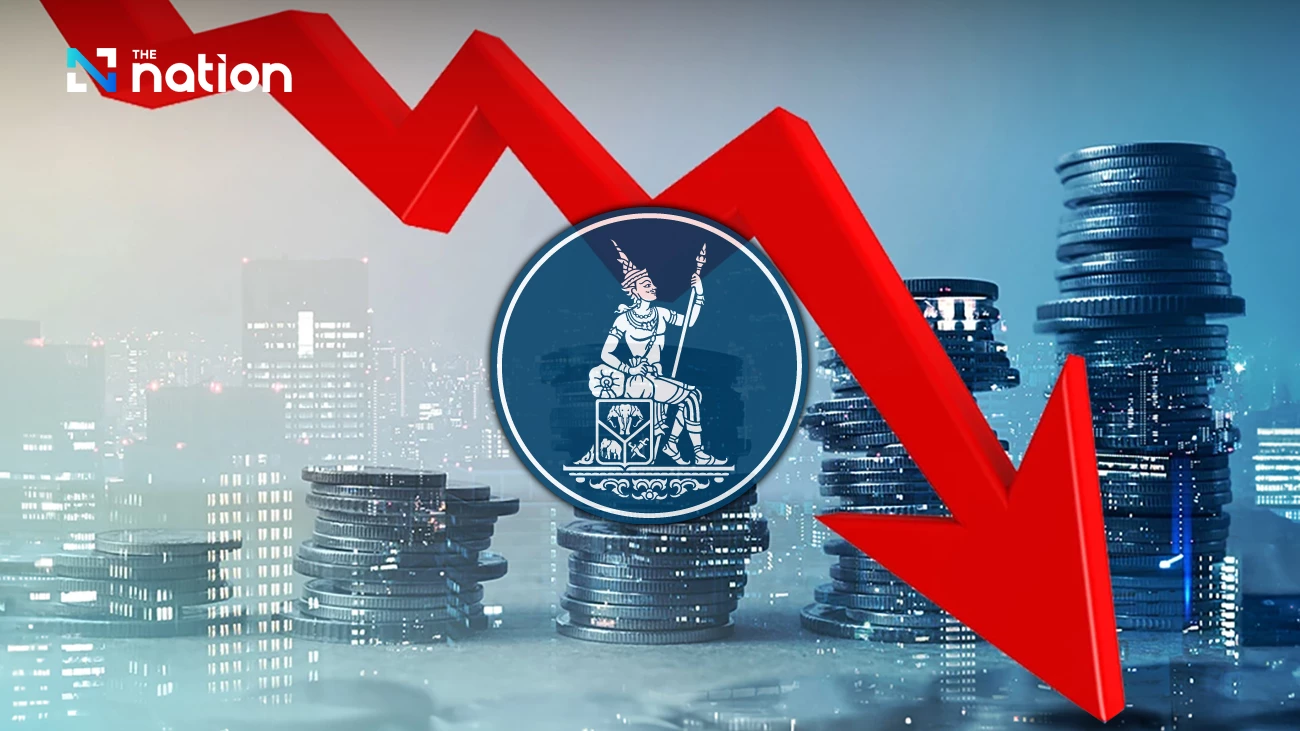
The Bank of Thailand (BOT) is likely to lower its 2.5% GDP growth forecast amid rising risks from a US-led global trade war.
Sakkapop Panyanukul, assistant governor of the central bank’s Monetary Policy Group, highlighted that the Thai economy is currently exposed to multiple external risks. He noted that the BOT would closely monitor developments regarding US reciprocal tariffs before making any adjustments to the GDP forecast.
“Tariffs are a tool aimed at reducing US imports and boosting domestic production. In the short term, the US is likely to experience a shock in the production sector — a negative supply shock,” he explained.
He predicted that inflation in the US would surge, and that the American economy would slow down as a result of increased import costs and broader impacts on global financial markets. He added that the effects of the tariffs are already evident through widespread sell-offs of risk assets, affecting financial markets worldwide, including Thailand.
Sakkapop noted that Thailand’s financial market is relatively well-positioned to handle economic risks, citing low levels of foreign debt and robust international reserves. However, he cautioned that global financial markets remain highly volatile due to ongoing uncertainty.
He advised close monitoring of the financial health of export-oriented industries, particularly those exporting to the US — including food, machinery, automotive, electrical appliances, and electronics — which together account for 75% of Thai exports, or approximately 70 billion baht.
“We’ve already observed a slowdown in production and investment, as businesses adopt a wait-and-see approach regarding the outcome of the tariff measures,” he said, adding that attention should be paid to the volume of foreign direct investment (FDI) over the next one to two years.
Sakkapop explained that the US trade deficit on the global stage has prompted Washington to cut imports and boost domestic manufacturing. He warned that ASEAN countries, including Thailand, could be adversely affected by US reciprocal tariffs due to their trade surpluses.
He also remarked that the US tariffs would likely cause short-term delays in investment and anticipated that the impact on Thai exports would become more evident in the second half of the year. The extent of this impact, he said, would depend on how much Thai goods are subject to tariffs and how major economies respond to US policies.
Sakkapop urged Thailand to adapt in response to growing international competition by setting clear import standards, enhancing consumer protection, addressing dumping issues, and implementing stringent inspections of goods before exporting to the US.
In the long term, he emphasised the need for Thailand to focus on diversifying risks by exploring new markets and developing resilient supply chains.
Source: The Nation
Share: